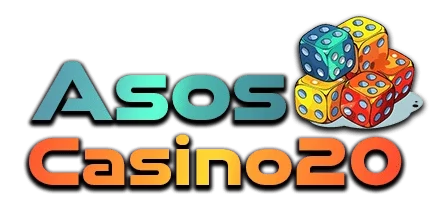PlayStation’s influence on the gaming industry extends far beyond the technology and graphics—it’s a cultural phenomenon fueled by the best games that have shaped players’ experiences and even their worldview. Over the years, PlayStation games have consistently raised the bar https://singobetjava.vip/ for storytelling, gameplay design, and emotional resonance, impacting not just how games are made but how they’re perceived as a medium.
A key factor in PlayStation’s cultural impact lies in its commitment to narrative-driven games that tackle complex themes. Titles like The Last of Us explored human relationships, loss, and survival in a way few games dared, making it a defining experience for players and critics alike. This narrative ambition influenced many developers and encouraged the industry to embrace storytelling as a core component, cementing PlayStation games as some of the best in terms of emotional depth.
PlayStation also helped popularize genres that might otherwise have remained niche. The success of Bloodborne and Dark Souls popularized the “soulslike” genre, known for its challenging gameplay and atmospheric worldbuilding. These games developed a passionate community that extended beyond the screen, inspiring fan art, lore discussions, and even cosplay. It’s a testament to how PlayStation games foster not only entertainment but also vibrant fan cultures that last for years.
The PSP played its own role in expanding PlayStation’s cultural footprint, especially among gamers who valued mobility without compromising quality. The handheld introduced many players to beloved franchises and unique experiences that wouldn’t have been possible on other portable devices at the time. Its success with RPGs, action games, and rhythm titles helped broaden the scope of what handheld gaming could mean culturally and socially.
PlayStation games also influenced other media forms. Several titles, like Uncharted and The Last of Us, have inspired movie adaptations, graphic novels, and fan creations, showing how deeply these games resonate beyond their original platforms. This crossover appeal helped legitimize video games as a form of storytelling comparable to films and books, positioning PlayStation at the forefront of this shift.
Moreover, PlayStation’s community-building efforts, from online multiplayer to creative tools like Dreams, have empowered players to express themselves and connect globally. The best games often serve as hubs for these social interactions, making PlayStation a cultural meeting point as much as a gaming platform.
In the end, PlayStation’s best games have transcended pixels and polygons to become cultural touchstones that influence, inspire, and connect. They embody the potential of video games to be powerful art forms and social catalysts, ensuring PlayStation’s legacy will endure for generations to come.
